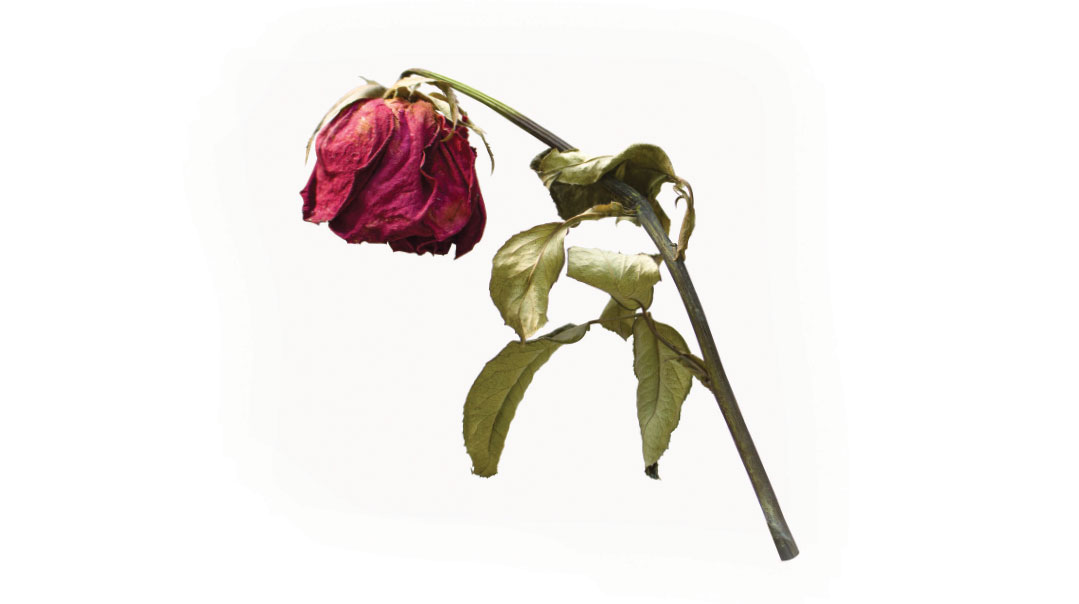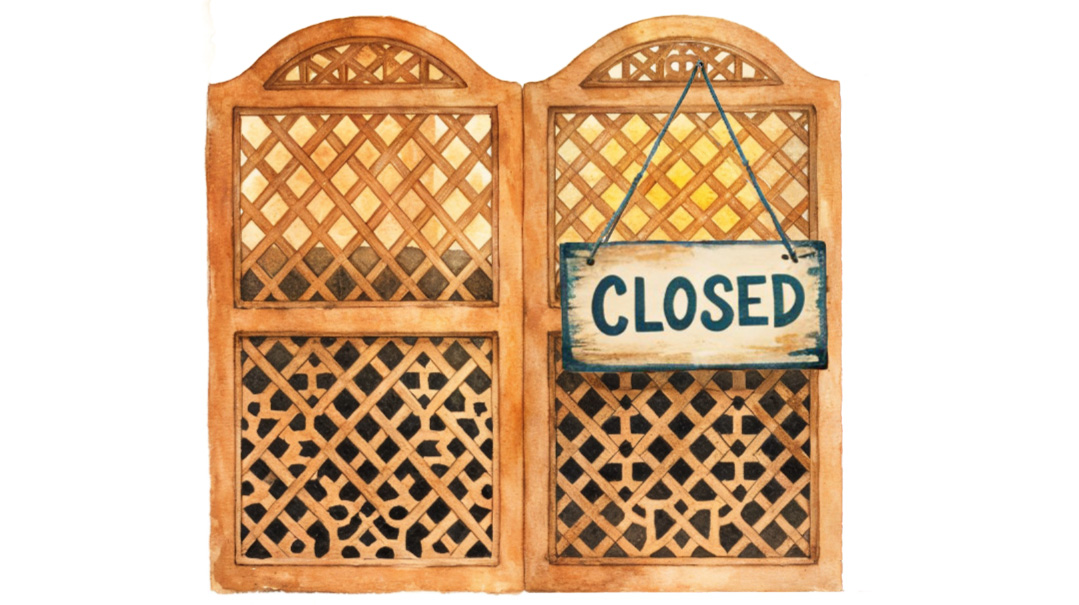Life Takes Strength
| December 11, 2019

The flashbacks are constant.
The one I’m reliving now is my husband coming home from shul Friday night, finding me in tears as I read. “Suri, put that magazine away. Why do they have so many sad articles? They should call it Meis-pacha,” he would joke.
It’s hard to believe it’s been two years. Two years since I found myself alone in a hospital waiting room, two years since the doctor told me that my husband hadn’t had a pulse for over an hour. My baby was only 21 months old and my oldest was only eight, I argued; somehow, they had to figure out how to get that pulse back.
People constantly ask me how I’m doing. (Maybe that’s why I’ve become less social….) I wonder why they ask: Do they want to be assured that their husbands won’t suddenly die on them? Do they want to feel that at least someone has it worse?
A glimpse as to how we’re doing….
My niece got married this year. At her Shabbos Kallah I asked why we say Shema with a person before their death. It’s because before someone dies, he has clarity about what’s important in life. And my closeness with death has given me a bit of clarity: Nothing is more important than love.
This can explain the juxtaposition of “ve’ahavta” with Shema. How can we be commanded to love? How can we love Hashem, when He’s given us immense trials? Because love doesn’t come because your life is the way you want it, so you love whoever made it that way for you. Love happens when you’re a loving person.
So if you have a spouse who doesn’t live up to your expectations, choose to love him anyways. If you have a sister who wears clothing you don’t approve of, choose to love her. Love your mother and mother-in-law, with their shortcomings.
Because as the name of this column, “Lifetakes,” suggests, life takes strength.
And then life is taken.
His black hat still sits in my closet, and his wallet is in my drawer. They have little value. But I am left with the priceless gift of knowing that I loved my husband and that I was loved. And maybe, through the strength that it takes to choose love, we will begin to understand “ve’ahavta es Hashem Elokecha,” and we will love Hashem through and despite our nisyonos.
About six months after my husband’s death, we attended a shabbaton for almanos and their young children. That Friday night, I turned to another young mother and, trying to connect with someone else in my matzav, asked her when her husband had passed. I can still see the look of horror on her face. “Oh, no! My husband volunteers here.” I quickly went to another mother and then another. They all shared the same look of apologetic horror as they told me that their husbands were volunteers. It was then that I learned what the word “trigger” means.
I did eventually meet other young almanos that Shabbos. But sometimes on Yom Tov, when I take a walk and see couples walking together, I’m back in that room.
Many almanos spoke to me of emunah. I wondered if they spoke with this conviction before their husbands’ deaths, or if their emunah was a coping mechanism to turn on the brain and turn off the bleeding heart. Two years in, I’ve learned to be in awe of them. Our hearts have been partly amputated, and they choose to be loving despite the pain. I hope one day to be counted among them.
My home has a large window facing the street. On Shabbos during shivah, my baby saw the men returning from shul and started screaming, “Ba Ba!” (That’s baby language for Abba). I quickly whisked him away from the window, ran to the back of the house with him, and set him up with a toy. A minute later he returned to the window, again screaming, “Ba Ba! Ba Ba!” I have no words to describe the pain, numbness, and restraint I had in that moment.
I’ve been working through the numbness these past two years. Numbness keeps us from feeling pain, but it prevents us from feeling others’ pain; it stops us from choosing love. I need to feel for and with my children.
Grief demands the grieved to be sad, even for years. Well-meaning people have suggested that grief is meant to be “healed,” “moved on from,” or “medicated.” It’s not true. And so I’m trying to move on from the numbness, even though it means feeling the pain of how I am still at that window, still waiting for Abba to come home.
So how are we doing? We are making the slow transition from meis-pacha to mishpacha. Will you?
L’ilui nishmas Schneur Zalman ben Shaya (Howard Madris)
(Originally featured in Family First, Issue 671)
Oops! We could not locate your form.






